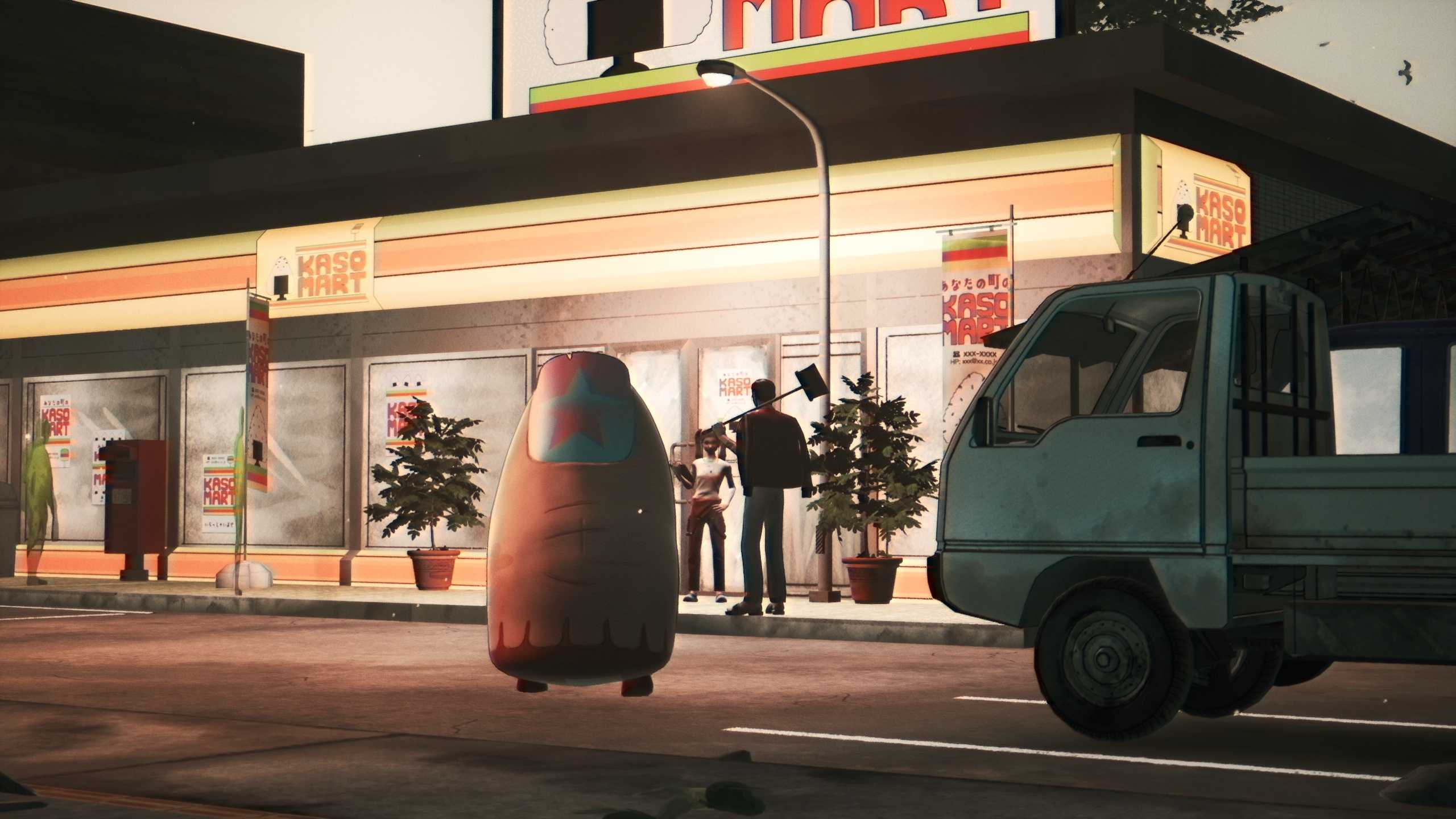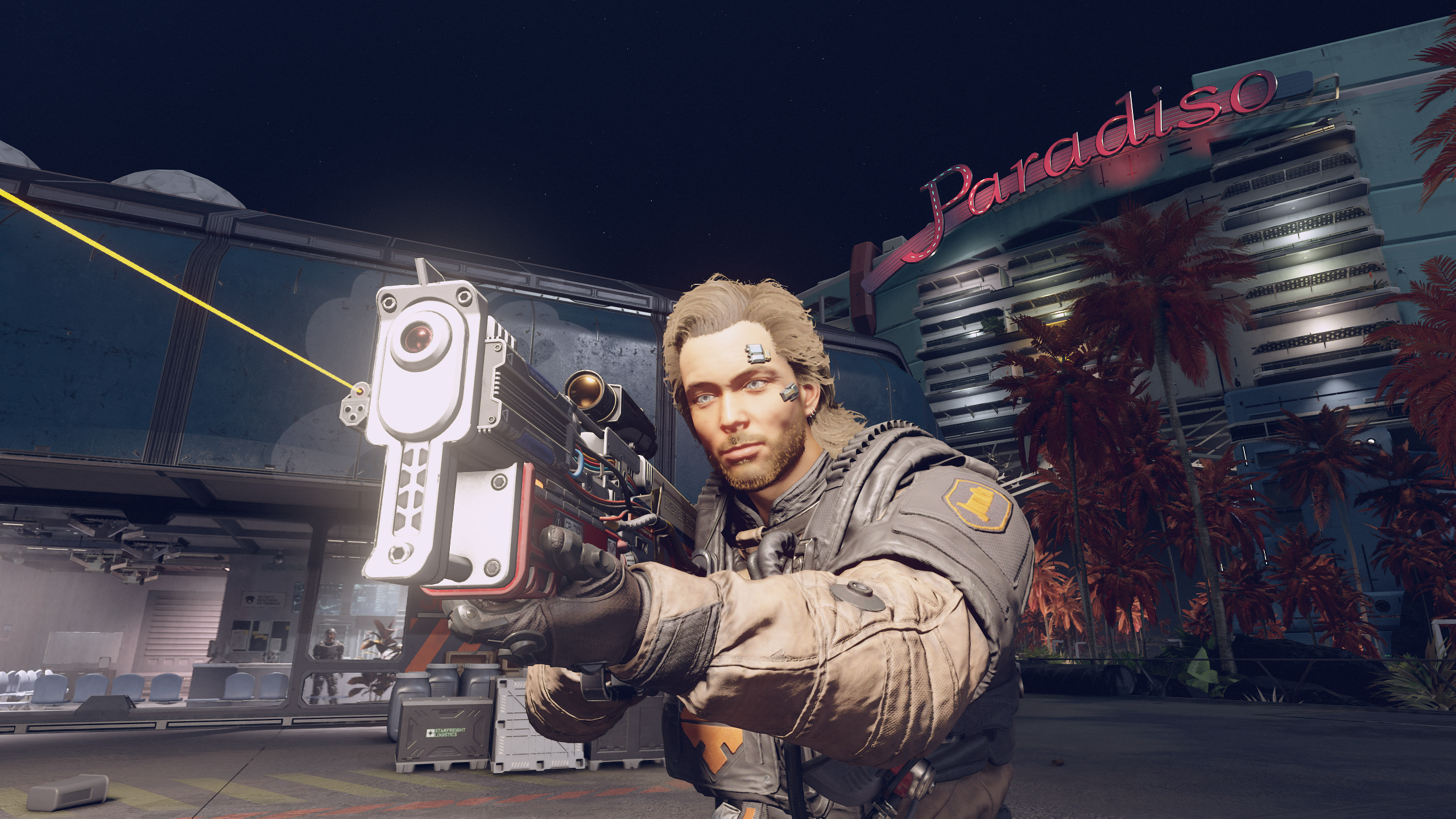Meet the unluckiest videogame protagonist in history as we look back at Titanic: Adventure Out of Time

From 2010 to 2014 Richard Cobbett wrote Crapshoot, a column about rolling the dice to bring random games back into the light. This week, a lost adventure about a lost adventure where ship happened and the world was never the same.
Frank Carlson is the unluckiest man in the history of videogame protagonists. A spy in 1912, assigned to the Titanic, he survives the sinking only to be fired from the Office of Strategic Services and end up alone in the Second World War, in a room he can’t even afford. On his desk, just a tarot card—Death—representing, as ever, cliché. In his desk drawer, a ticket… for the Hindenburg.
And just when everything seems to be at its worst, a bomb goes off outside his window. Do not stand anywhere near Frank Carlson. I mean it. Nowhere.
But wait. A game about the Titanic? That starts in the Second World War? I smell time travel! That’s right, I’m talking about Titanic: Adventures in Time, the game that proves some years, it’s best to just stay home. Frank doesn’t even get to draw a naked lady.
Titanic is a really interesting game that deserves to be much better remembered than it is. It came out a year before That Movie rather than trying to latch onto it, but does an almost equally impressive job of recreating the ship in an interactive form. It has two modes, the main adventure and a separate tour mode for simply poking around and admiring the scenery. It’s not full 3D, but its use of short animated jumps between nodes and spinny-roundy-3D-looky-pokey interface makes it possible to get up close and personal with much of the ship, in detail far beyond what most people were rendering back in 1996.
It’s a kind of spiritual cousin to The Last Express. The environment’s much bigger, but it shares many of the same ideas, including lost artefacts, characters who go about their own business instead of just standing around (though not to a running clock, as in The Last Express), and a direct connection between a fateful last voyage and the upcoming war—up to and including one of the passengers on the Titanic being a Serbian revolutionary working with the Black Hand. His name is “Vlad Demonic”, which loses him a few points, however. It’s also got a bit of interesting history behind it. Frank Carlson was the name of an actual passenger who never made it on board the ship, though probably not one who subsequently time-travelled back for a second ride. If he did though, it didn’t go very well. As we’ll see.

“The past. Forever locked in regret. But what if the past could be changed?” I would definitely steal back the hours of my life spent watching Transformers 2, for starters.
It’s worth noting though that the objective isn’t to save the Titanic itself, which is doomed, but to deal with the conspiracies and mysteries on board that will have a major effect on the future—Carlson’s first trip having gone badly wrong when he left his cabin at a crucial point. So, there’s no running straight for the nearest lifeboat and disappearing into the night with a cry of “So long, suckers!”
Instead, your job is to catch up with fellow spy Penny Pringle—that is her name—and go an entire game without saying the inevitable. She’s not exactly a fan of yours and wastes no time before launching into complaints that “Some idiot booked me into Second Class.” But she is an interesting demo of Titanic’s animation style, which combines 3D models with photos for a kind of puppet look that’s almost as unusual as The Last Express’ art deco stop-motion, though admittedly nowhere near as good.

It does, however, allow for more movement, including blinking and head turning during movement, animated lips without the need for full FMV, and for some interesting details like filling the gaps between dialogue options with a “You were saying?” rather than just The Glassy Stare of Doom. If you’ve ever played an adventure with portraits, you know The Glassy Stare of Doom. She’s also a little older than your average sexy game spy, with a very proper tone. Never more so than when dismissing a German for spending all day “eating… pastries…” Say it in the tone that everyone else would use for “swimming naked in Marmite”.
Thank goodness she never had to deal with James Bond. “Once you pop, you can’t stop…” indeed.
The initial quest is a hunt for the The Rubáiyát of Omar Khayyam, stolen and in the possession of a German colonel aboard the ship, though it quickly turns out that the ship is full of crazy people, including an upper class lady trying to steal a diamond necklace, a very large medium, an angry missionary, and as mentioned, a Serbian revolutionary called “Vlad Demonic”. There are bad English accents. There are bad Irish accents. There are lots of very twitchy faces, and a very hasty explanation of why the ship seems to have about 20 people on board rather than around 2,000. It’s late at night, and so everyone not relevant to the plot is in their rooms. Ahem. But it works, and at least gets a handwave.

The actual adventure is OK, full of spying and tracking down items and even a couple of minigames: fencing and poker. It’s the recreation of the ship that’s the most impressive, though—thankfully combined with a map that allows for a bit of teleporting—and with lots of random appearances by the characters who add a certain life to what could so easily have been nothing but boring flat backgrounds. By modern standards they’re empty, but this was 1996.
The iceberg is always getting closer of course, and at around the midway point of the game the Titanic inevitably hits it—right when you’re in the middle of a showdown with the evil German colonel. At this point an actual timer starts up and it’s a race to get off the ship. But it’s not quite that easy. During the first half it becomes clear that there’s more than simply a book at stake. There are four artefacts on board, and all of them have potentially disastrous implications for the future.

For instance, the diamond necklace collected earlier on? If Vlad Demonic… sigh… gets away from the ship with it, he takes it to the Black Hand and uses it to finance the assassination of Archduke Ferdinand. So that sounds familiar. But, take the Rubáiyát. The German colonel’s plan is to trade it for a painting that is not, sadly, The Fallen Madonna With Ze Big Boobies by Van Klomp. It’s possible to steal this from the cargo hold, or if you get there too late, to get it back later on—as said, there’s a heavy time element to Titanic, if not as strong a one as The Last Express. But it turns out that while the painting contains war plans, they’re essentially irrelevant next to the real importance of it… which is a little implausible , admittedly, but still a reasonable twist.
“As for the painting, it left with me. The plans proved useless. In the month following the sinking, the War Office scrapped the proposed deployments in a cost-cutting measure. But the canvas—as the only artifact saved from the Titanic, the painting became famous, along with its creator, a rather excitable Austrian named Adolf Hitler, who makes a lucrative career to this day peddling overpriced Alpine vistas to the carriage trade.”

There are nine endings in total, where the combination of artefacts retrieved and lost can create a peaceful future, a familiar one, or alternate timelines where the Russians and Germans rise to dominance. Except actually in Germany, where all mentions of Hitler were removed as per usual.
I haven’t gone through the full game as with a lot of adventures, because this is one where the overall plot is less interesting than the main sweep—a genuinely inspired take on the Titanic story that treats it respectfully, while still spinning off in cool new directions. The time travel side in particular accepts that everyone, except the people who complained about spoilers for the James Cameron version, already knows how this is going to go, and finds a new way to bring importance to it that it actually sells pretty well, despite a bit of goofiness with psychics and gator cards.
It’s a rare case where real history is considered the bad timeline, with two wars and a Revolution, and the quest is to put right what officially went “wrong”. Even so, most of the endings are pretty miserable, with Carlson either drowning or being taken out by everything from the Nazis to an A-Bomb. That’s almost Singularity-level cock-up.

The historical parts though make up a very well researched tale. Clips from the game’s version of the sinking have been used on TV and details like the presence of a copy of the Rubáiyát of Omar Khayyam are true to life. It’s also possible to miss the lifeboats but still be trapped on the ship for a while before it actually sinks.
And unlike The Last Express, there’s no easy time-rewinding. Unless you count reloading old saves.
The technology of the time doesn’t really allow for really feeling like you’re on board the Titanic, but the developers did a great job with what they had. Which in 1996, was not very much technology at all.
Here’s a full playthrough thanks to the YouTube. As you can see, the acting is… uh… crap. But the game as a whole deserves to be played if you have any interest in history, adventure or otherwise—a very ambitious, clever step back in time that deserves its cult following, and a fair bit more besides.




